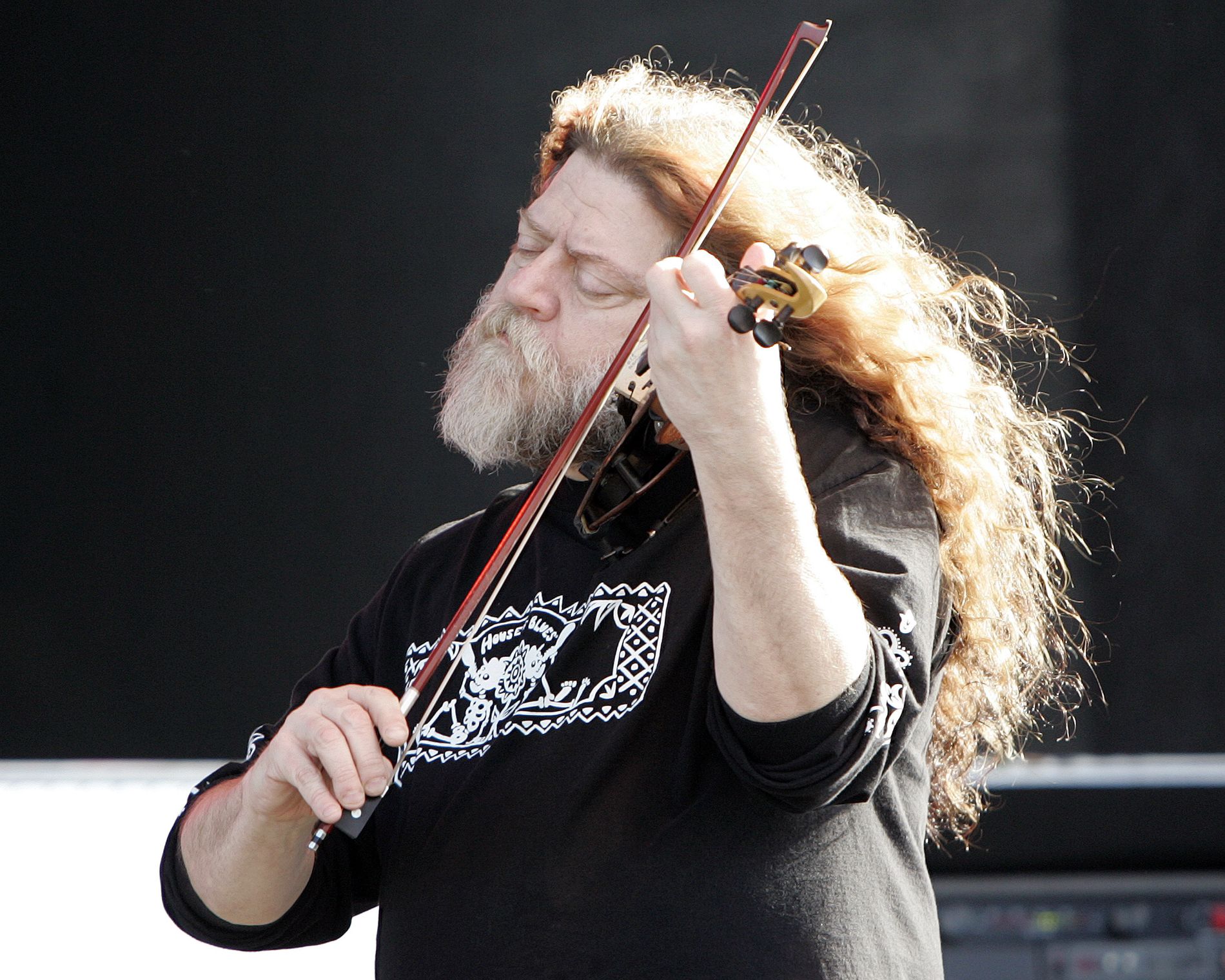A page of history: this is what tells “Covid-19, the vaccine race”, the documentary by Catherine Gale broadcast Tuesday at 8:50 p.m. on Arte. For more than fifteen months, on five continents, the director followed five teams of researchers in search of vaccines against Sars-CoV-2. Women and men, cloistered in their laboratories, shadow fighters launched in an unprecedented race against death. One of the greatest scientific epics of our time.
Extraordinary casting
In spring 2020, around a hundred teams are working on vaccines. “We were aware of the advances of Moderna and Pfizer,” explains producer Archie Baron. It also maintains “close links” with the Jenner Institute in Oxford (AstraZeneca). Australian Keith Chapelle, of the University of Queensland in Brisbane, is also interested in the documentary project.
Another participant of choice: virologist George Fu Gao, one of the most prominent Chinese scientists in the dossier. On January 10, 2020, it was he who sounded the alarm to the whole planet after his teams carried out the sequencing of the pneumonia of unknown origin detected in Wuhan.
Save lives
To bring her project to fruition, the director must overcome several obstacles. The working conditions in times of health crisis and the many trips do not make things easier. It also needs to gain the trust of stakeholders.
To give all the human dimension of this fight, they are filmed at their workplace, but also at home. They share their impressions, testify to their involvement. One of the questions addressed concerns in particular the competition likely to exist between the teams and the various projects. Both the producer and the director are categorical on this point. The world of research is small, people know each other, some have even worked together at times in the past, and they are aware of the research each other is working on.
Competition therefore exists. But one thing seems to have mattered above all for everyone. “Of course, everyone wanted to reach the finish line as quickly as possible, but their motivation was first and foremost to save as many lives as possible,” says Catherine Gale. “They were all fighting against the virus and not against each other,” Archie Baron added.
Big Pharma
Concretely, large pharmaceutical groups, traditionally competitors, have decided to join forces in the fight: the French Sanofi, for example, signed a partnership agreement with Moderna for the bottling of vaccine doses in the United States, but also with GSK (development of a joint vaccine), Pfizer-BioNTech and Johnson & Johnson.
However, the pharmaceutical industry did not suddenly turn into the world of Care Bears. Thus, Pfizer did not hesitate to increase its prices because of the setbacks of the competition. In addition, many have been those who have highlighted the opaque nature of negotiations between the European Union and pharmaceutical groups at the time of signing the vaccine pre-purchase contracts.
However, do not count on the documentary to answer the questions you may be asking yourself about the very controversial aspect of the role of “Big Pharma” on the cost of research, the political or social impact of vaccination: “As a documentary filmmakers, we had to make a choice. It focused on the designers of vaccines who have little or no influence on the use that is made of their discoveries. “
This article appeared in Télépro on 7/15/2021
– .

